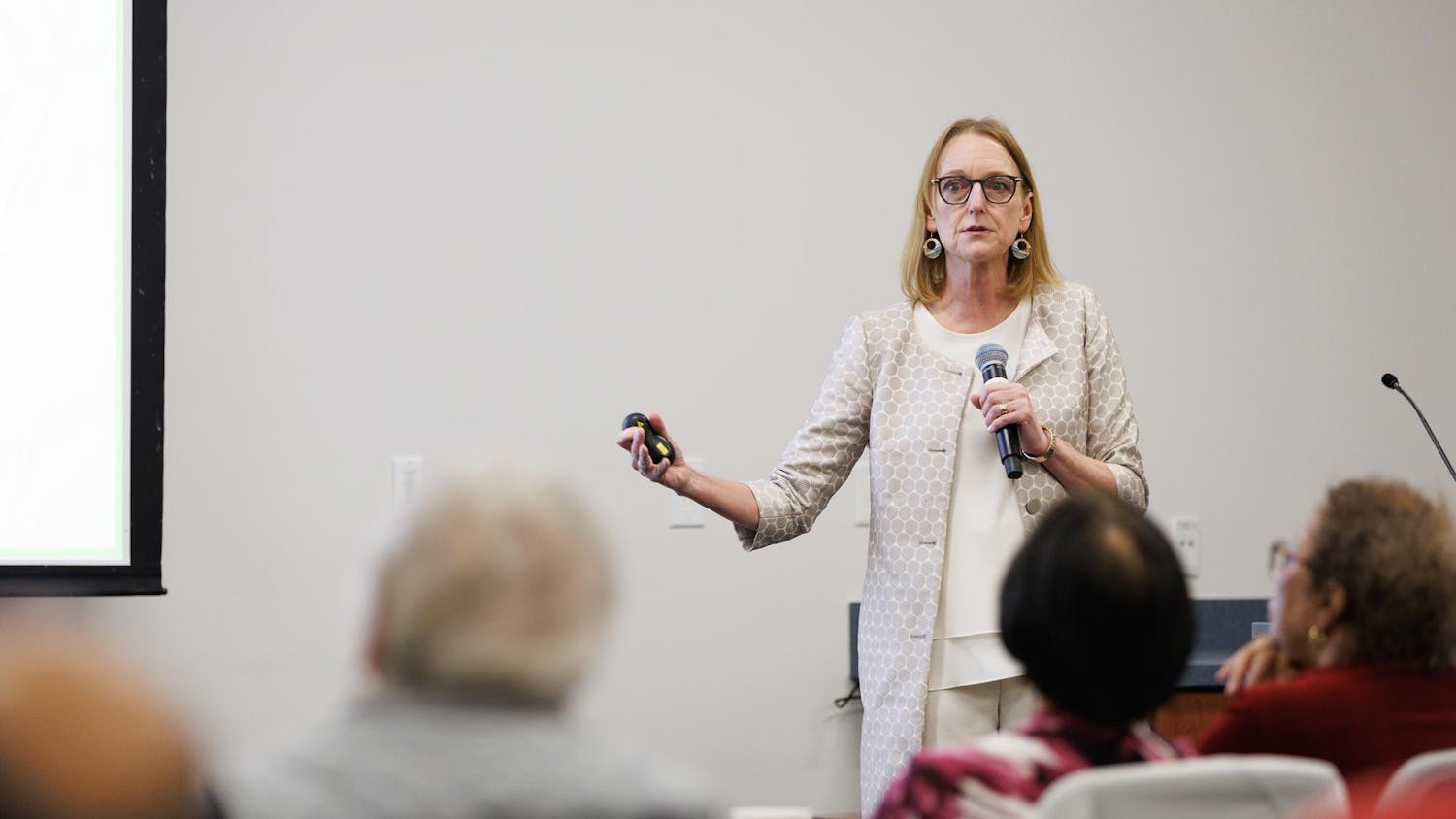There is a growing trend in Israel and the West at large to criminalize and enact opposition against protest activity, such as the Boycott, Divestment and Sanctions movement targeted at the practices of the Israeli government. Prejudices regarding BDS aside, we must focus on the issue at hand: the chipping away of free speech for the purposes of “security” or allegiance to the Israeli government.
For a brief contextualization, the West Bank is considered Israeli-occupied Palestinian territory, according to the Human Rights Watch and the United Nations. As Israel expands settlements and opens factories in the West Bank, Palestinians seek job opportunities in these factories. The BDS movement vows to boycott such goods made in Israeli settlements, seeing the occupation as illegitimate and harmful to Palestinian sovereignty. Many view the movement as problematic; many support it. To illustrate the issue at hand, in 2011, Israel passed a law that deems any public call for a boycott against Israel or its West Bank settlements a punishable offense. Despite its strong opposition of boycotts against Israel, the Anti-Defamation League — a U.S.-based Jewish group — claimed the law impinged on “basic democratic rights of Israelis to freedom of speech and freedom of expression.”
This aggressive legislative trend against BDS sympathizers is apparent in the Western hemisphere. Just last October, the Court of Cassation — France’s highest appeals court — passed a verdict on BDS protesters from 2009 and 2010 who had demonstrated at a local grocery store, firmly calling for a boycott of Israeli-made goods. The court found the protesters guilty of discriminatory hate speech and charged the group 12,000 euros.
In my view, this is a rather extraordinary charge for the French government, which hosted the post-Charlie Hebdo free-speech marches for protesters without incident. Trends in the U.K. and U.S. are more legislative. On Feb. 14, The Independent ran a story on the British government’s plans to ban publicly-funded institutions from supporting organizations that boycott “unethical” companies, indirectly targeting BDS’s boycotts of “unethical” Israeli companies.
Likewise, in the U.S., should President Obama sign off on certain provisions within the new Customs Bill, the distinction between Israeli businesses and Israeli-occupied (West Bank) businesses would be absolved. As Eyal Press of The New York Times argues, “the industrial zones dotting the occupied territories would have the same status as the high-tech industry in Tel Aviv.”
Thus, the labor abuses and discrimination against Palestinians in the Israeli-occupied workplace, documented by the H.R.W., would be formally unrecognized by U.S. business practices. To be clear, this piece is not a blind endorsement of BDS, nor is it anti-Israel. As journalist Glenn Greenwald argues, “The issue here, obviously, is not whether BDS is a persuasive policy but whether people should be criminalized for advocating it.”
We openly advocate sanctions against countries such as Russia and Iran. We all remember last year when 47 U.S. senators signed a letter to Iran that formally denounced the nuclear deal, a part of which offers a lifting of sanctions, should Iran comply.
So is the issue that the BDS protesters call for sanctions against another county? No. Does it have anything to do with rising Islamophobia and the West’s decades-long political contingency with the Israeli government? Yes, probably.
Ultimately, free speech is not measured by marches or pledges of commitment but by the extent to which we consistently apply it. The vitality of the American dream resides in our willingness to uphold these liberal, progressive values, not because doing so is easy — to channel some good, old John F. Kennedy — but because it is hard.
Bringing it back to Gainesville, though we may disagree with those particularly vocal Christian groups and pro-lifers who make the occasional scene on Turlington Plaza, these individuals have the right to speak without facing unjust criminal charges. And this right should apply to all, including those who speak out against policies of the Israeli government.
David Hoffman is a UF history and physics sophomore. His column appears on Tuesdays.





